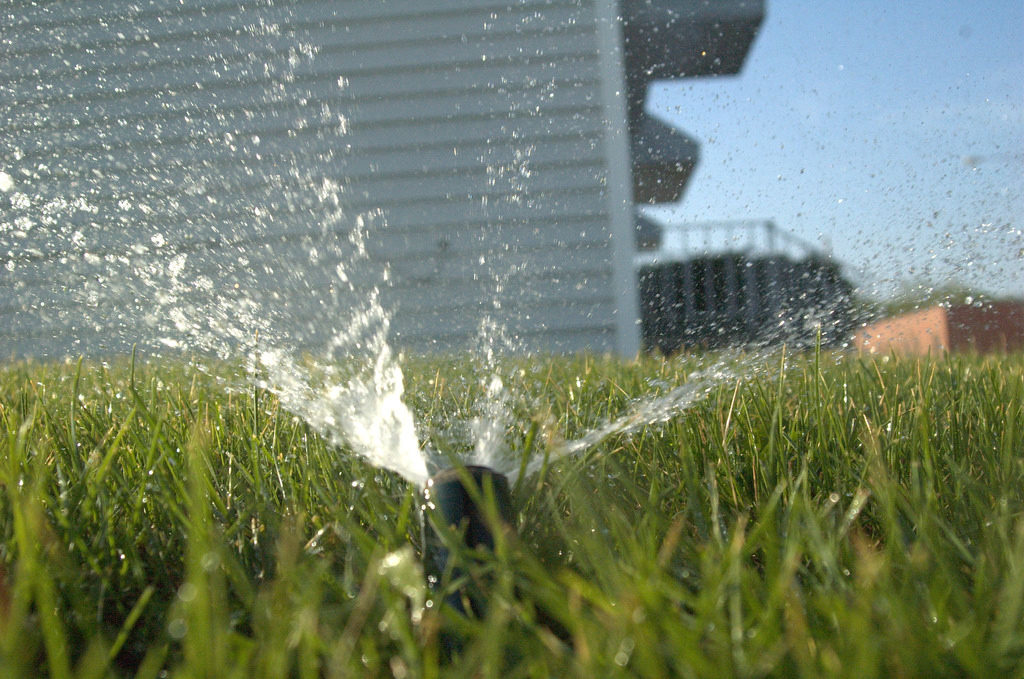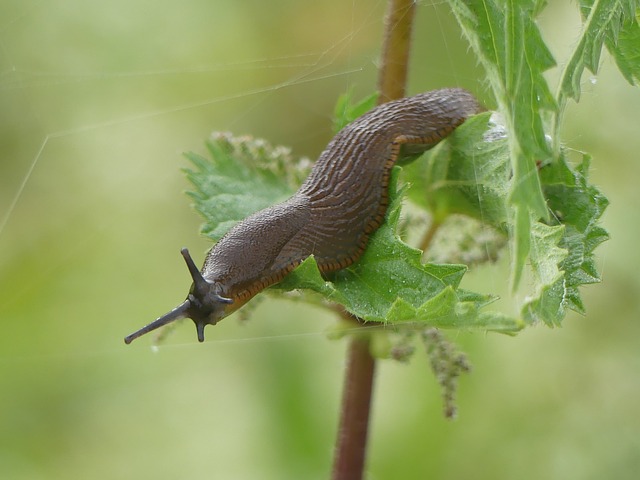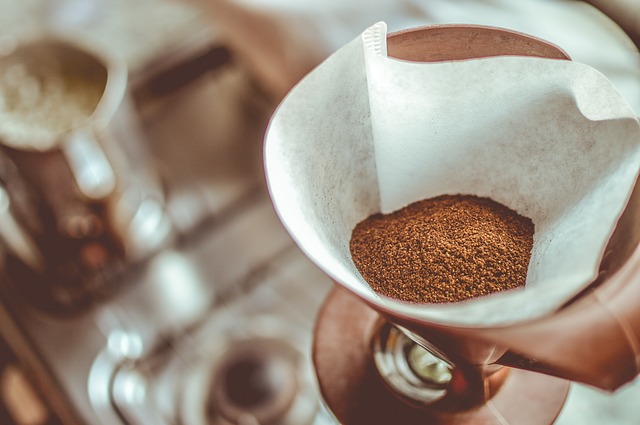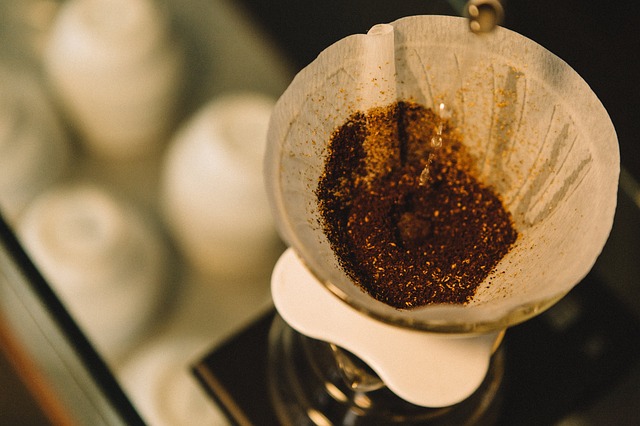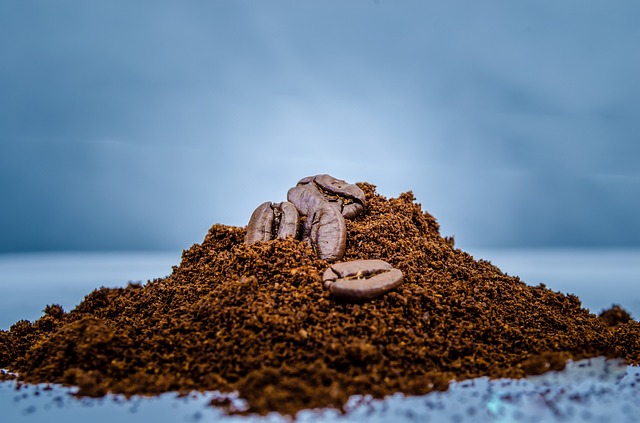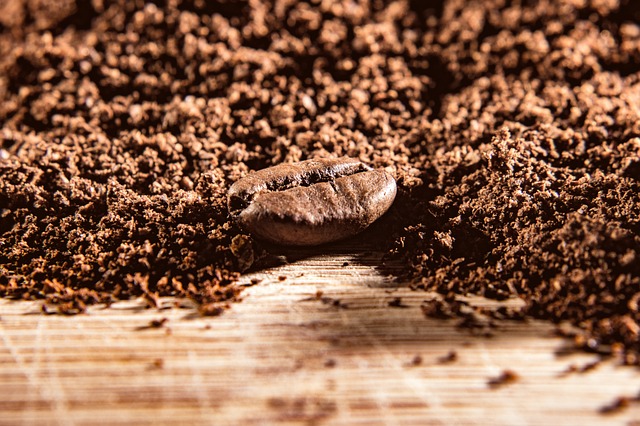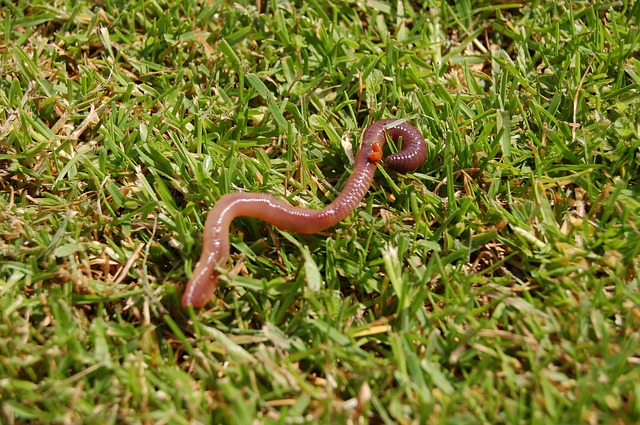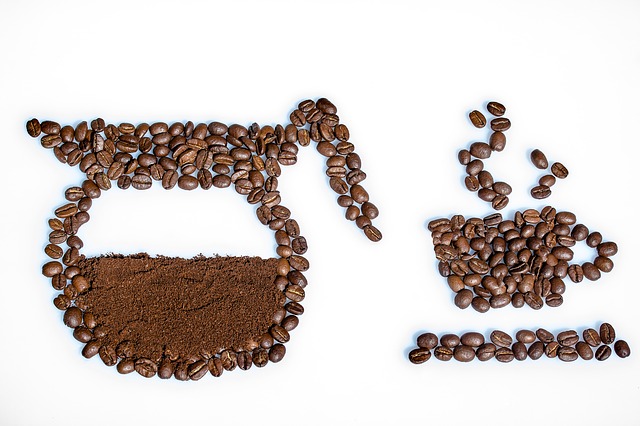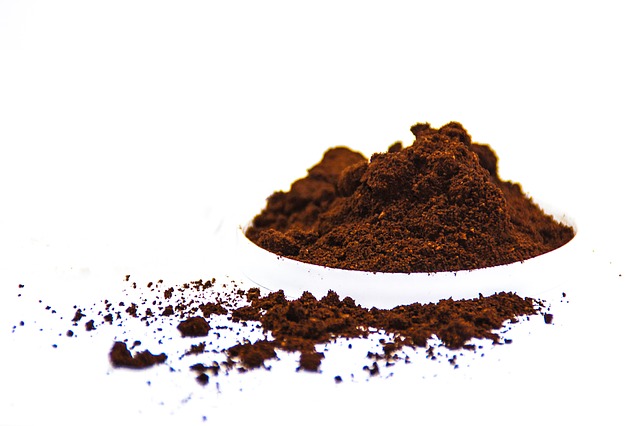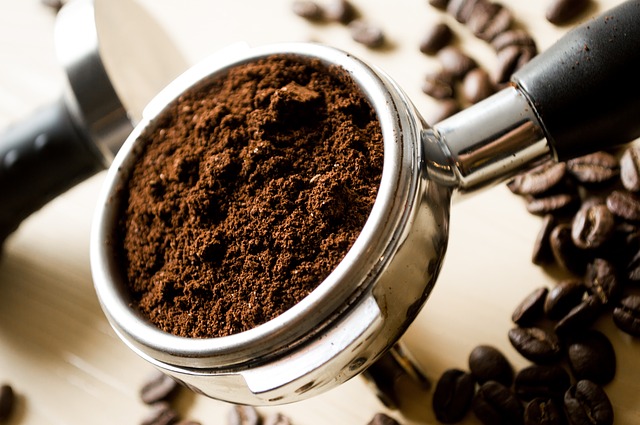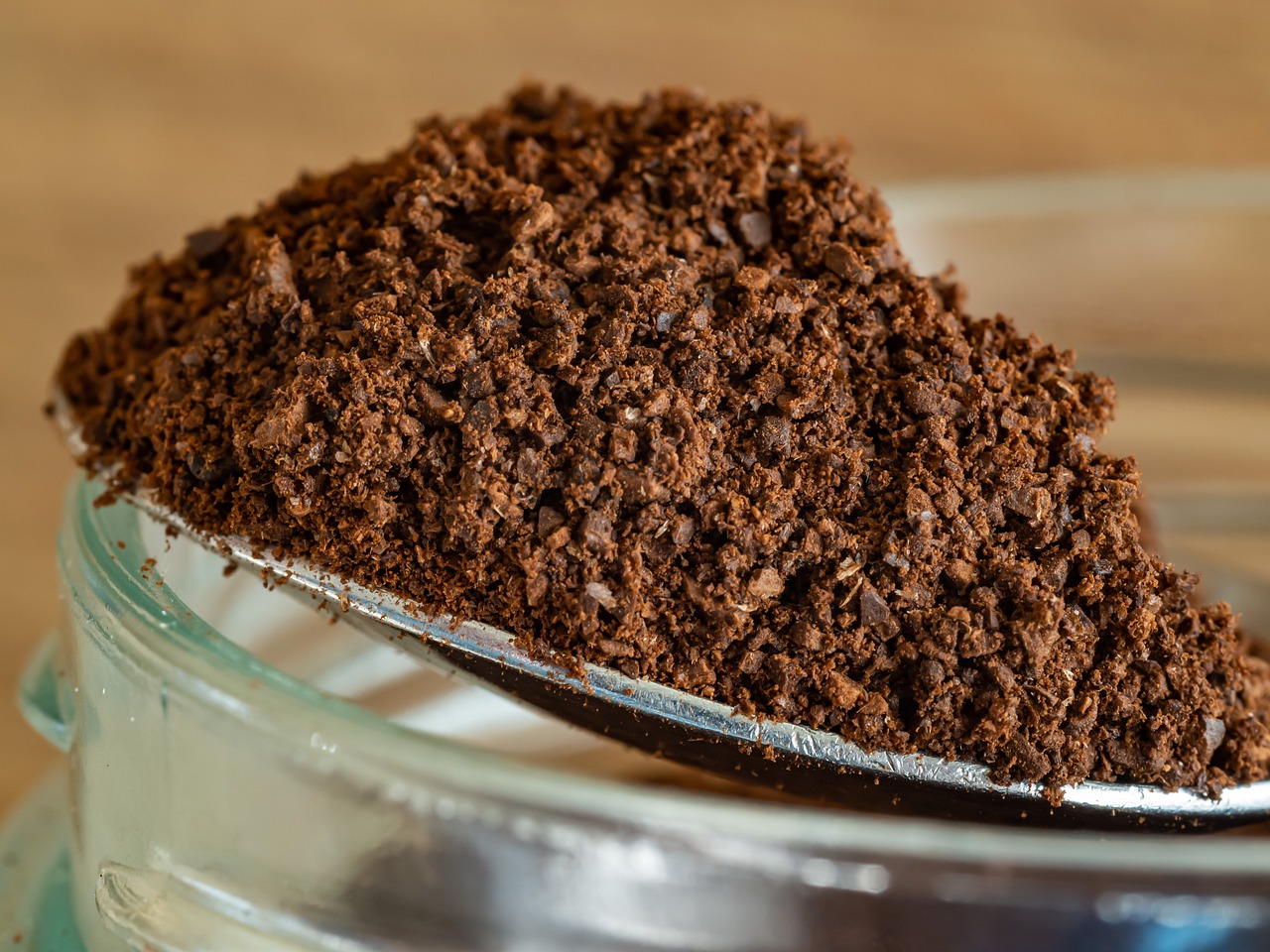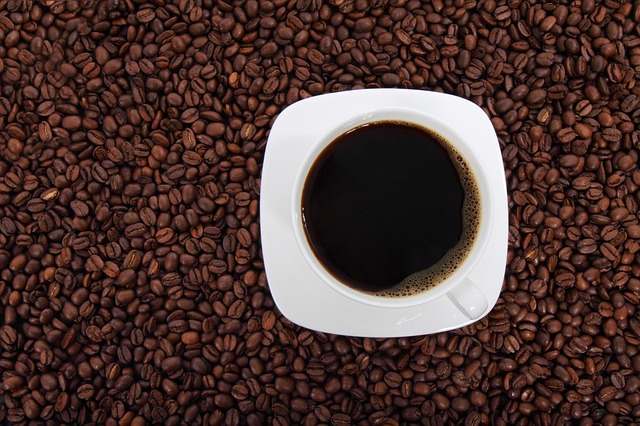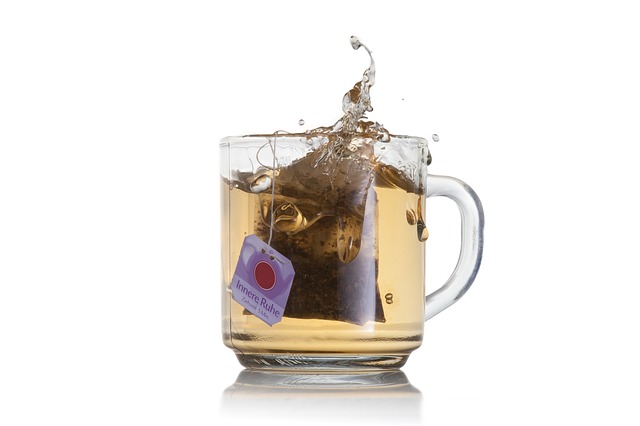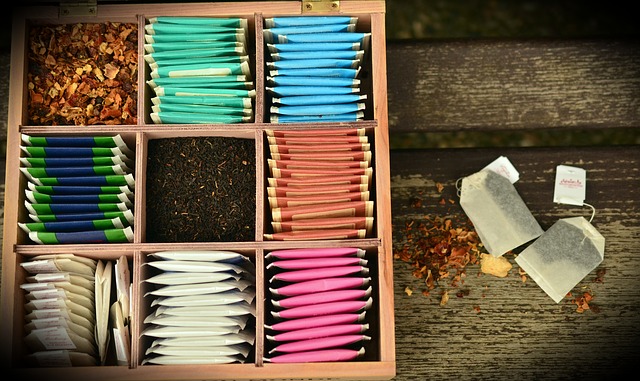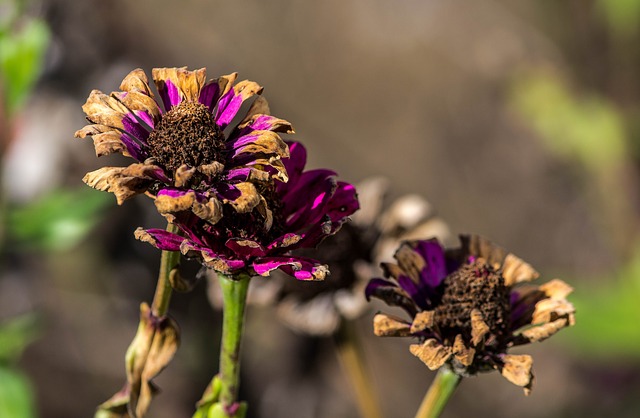
One of the first things that friends and relatives notice when they visit your home is your front lawn. It stands to reason then, that it should be one of your highest priorities when it comes to maintaining your yard. The problem is that many people are doing more harm than good to their lawns, ruining their hard work and giving those important visitors a poor first impression of their home.
So in this article, I am going to take a look at what you absolutely should not do if you want your lawn to look its best.
Don’t Over-Water
Believe it or not, it is possible to over-water your grass. Too much water will wash away any fertilizer you have used, and also makes the grass more susceptible to diseases. Instead of watering your lawn each day for a short amount of time, you should water it once a week till it gets a good soaking.
Lawns that are watered daily only develop a shallow root system. This leads to them being very water-dependent and can cause your grass to die off much quicker in a dry period.
Don’t Skip Your Mowing
We all have those days where we just can’t be bothered doing the mowing; surely it can go another week….right? Wrong! Leaving your lawn to grow too long between mowing will mean your grass grows tall and sparse, instead of thick and dense.
The blades of grass that shoot up the quickest will end up blocking the sun over the shorter grass which leads to an uneven lawn. Be sure to mow regularly with a good quality mower with sharp blades to give your lawns a nice even look.
Don’t Bag Your Grass Clippings
While I am on the topic of mowing, let’s talk about what to do with your grass clippings. The simple answer is nothing; get yourself a mower with mulching capabilities so that the cut grass is laid back onto your lawn as fertilizer. Clippings can also help the soil below retain moisture during dry spells. A good mulching mower will leave almost no sign of the clippings at all.
Don’t Over-Fertilize
Over-fertilizing is quite a common problem, throwing too much fertilizer on your lawn can have a devastating effect. It results in the grass becoming severely dehydrated, and it almost looks like it has been burnt – hence why they call this effect “burning the lawn”.
Be sure to read the instructions on the fertilizer packaging and follow them precisely. It is also just as important to make sure you buy a type of fertilizer that is suitable for your grass – which leads me to the next point:
Don’t Assume All Grass Is The Same
Did you know there are over 18 types of grass commonly used on lawns throughout the USA? Each variety of grass can require drastically different care to thrive. Some of the differences in care between grass species are cut heights, watering frequency, and fertilizer type.
So it’s crucial to know what type is growing in your yard and adapt your watering, mowing, and fertilizing routines to suit. If you don’t know what type of lawn you have, take a sample down to your local garden center and get them to identify it. They will also be able to tell you more about how to care for your particular type of grass.

Of course, these tips are not going to make you a lawn care expert, but they will get you moving in the right direction. Watering, fertilizing and mowing are all critical aspects of caring for your grass and should not be neglected.
Lawn care can be quite addictive, and when you get home from work one day and see what your hard work has produced, I think you will find that learning just a little bit about how to care for your lawns was more than worthwhile.
Author Bio: Aaron Green is a full-time father of two who spends his spare time in the garden and around the house. Being responsible for two young children leaves him little time to pursue hobbies, but he loves to share his knowledge with others when he can. You can find more of Aaron’s work at: www.essentialhomeandgarden.com
Start Shopping for Lawn Care Supplies!
Does Copper Tape Stop Slugs?
Does copper tape stop slugs? The answer is yes. And you can use this simple solution to keep your plants safe from those slimy plant-eating pests. Repel Slimy Garden Invaders Without Harm Despite being relatively small and very slow-moving, slugs can do a lot of...
Coffee Grounds For Flowers
For many of us, there’s nothing we’d rather do than relax with a cup of coffee near the flower garden. Most people don’t realize however that the grounds used to make our coffee can help to increase the health and beauty of our garden. Here’s what you’ll need to know...
Coffee Grounds For Roses
Using coffee grounds for roses is a fabulous way to improve the health of your plants, helping them to produce those gorgeous flowers you’ve been dreaming of. But there are a few things you’ll need to know before getting started. Conditions Roses Prefer Roses do best...
Do Roses Like Coffee Grounds?
Do roses like coffee grounds? This is something many gardeners wonder about, especially since feeding roses coffee grounds has been a practice that’s been around a very long time. The answer is yes they do, and here’s what you’ll want to know. Roses And Acidic Soil...
How To Use Coffee Grounds For Grass
You’ll want to think twice before you toss your used coffee grounds in the trash every day. Those grounds can actually be used to feed and increase the health of your lawn. Here’s everything you’ll want to know about using coffee grounds for grass. Advantages Of...
Are Coffee Grounds Good For Grass?
Are coffee grounds good for grass? The answer is yes, so you may want to think twice before throwing away your used grounds after your morning cup of coffee. Instead, you can put them to work helping increase the beauty of your lawn. Benefits Of Using Coffee Grounds...
Are Worms Good For Your Lawn?
Despite their slimy looks worms are well-known for being very helpful in the garden. But are worms good for your lawn? You bet they are, and here’s why! Aeration As worms travel from place to place in the soil below your lawn, they create a maze of tunnels. And those...
How To Use Coffee Grounds For Snails
You don’t have to kill those annoying garden snails in order to keep them from eating your plants. In fact, you can use your morning coffee as a non-lethal weapon against them. When they come into contact with your coffee grounds snails will turn right around and...
How To Use Coffee Grounds For Ants
There are endless sprays and poisons you can use to get rid of ants. However, you won’t have to look any further than your morning cup of coffee if you’d like a repellent that doesn’t contain any harmful chemicals. By using coffee grounds ants will stay away and kids...
Which Plants Like Coffee Grounds?
While using coffee grounds in the garden offers quite a few benefits, they can be slightly acid and therefore not appropriate for all plants. So which plants like coffee grounds? Here’s what you’ll need to know. The Basics Of Coffee Grounds Coffee grounds contain...
Coffee Grounds And Hydrangeas
While many people love their hydrangeas, they often would love them even more if they were blue. Luckily the grounds from your morning cup of coffee can help you to achieve those gorgeous blue blooms. Here’s what you’ll need to know about coffee grounds and...
Coffee Grounds For Worms
Worms are an extremely helpful component of any compost bin or pile, not to mention worm farms. And it turns your morning cup of coffee can contribute to their diet. Using coffee grounds for worms is an easy way to keep them from heading to the local landfill while...
Using Coffee Grounds In The Garden
Your morning cup of coffee can help you to not only start your day off right, but in the garden as well. The grounds used to make it have many important properties that are ideal for both plants and soil. By using your coffee grounds in the garden you’ll be able to...
Using Coffee Grounds In Compost
It’s estimated that over two billion cups of coffee are consumed around the world each and every day. And that’s an enormous volume of grounds which are used and then tossed in the trash. By using coffee grounds in compost instead, you can help cut down on waste and...
Used Tea Bags In The Garden
Many people don’t realize that once you’ve had a cup of tea, your tea bag can be used again in quite a few other ways. There are actually many great uses for used tea bags in the garden. And here are some of the best! Free Natural Fertilizer The tea leaves and...
Used Tea Bags In The Compost
The next time you have your daily cup of tea, you may want to think twice about throwing that tea bag in the trash. Instead of contributing extra waste to landfills, you can help the environment and your garden by placing used tea bags in the compost. But before you...
5 Eco-Unfriendly Things You Do That Kill Your Garden
Any budding gardener out there wants to do the best for their garden and their plants. But are you accidentally causing it harm? Here are five eco-friendly things you do that kill your garden: Buying Plants that Contain Pesticides You may not use pesticides yourself...
7 Reasons You Need to Start Gardening Now
Looking for a fun hobby to help you relax? Get outside and get to work in a garden. Gardening has a variety of benefits for your mental, physical and spiritual health. Wondering how tending to plants can help you tend to your health? Here are seven ways gardening can...
Quick Tips To Speed Up Compost Times
Compost is an excellent soil conditioner and natural fertilizer. However, it can take quite a while for it to break down into a form that you can use. Luckily there are a handful of simple things you can do to help speed up compost times without much effort. Size In...
6 Common Types Of Soil Deficiency And How To Solve Them
Unfortunately, not all soil has the nutrients that plants need to grow and thrive. In some cases, it may be lacking in one area or another and therefore need a boost. Here are the most common types of soil deficiency and the best ways to deal with each of them....
